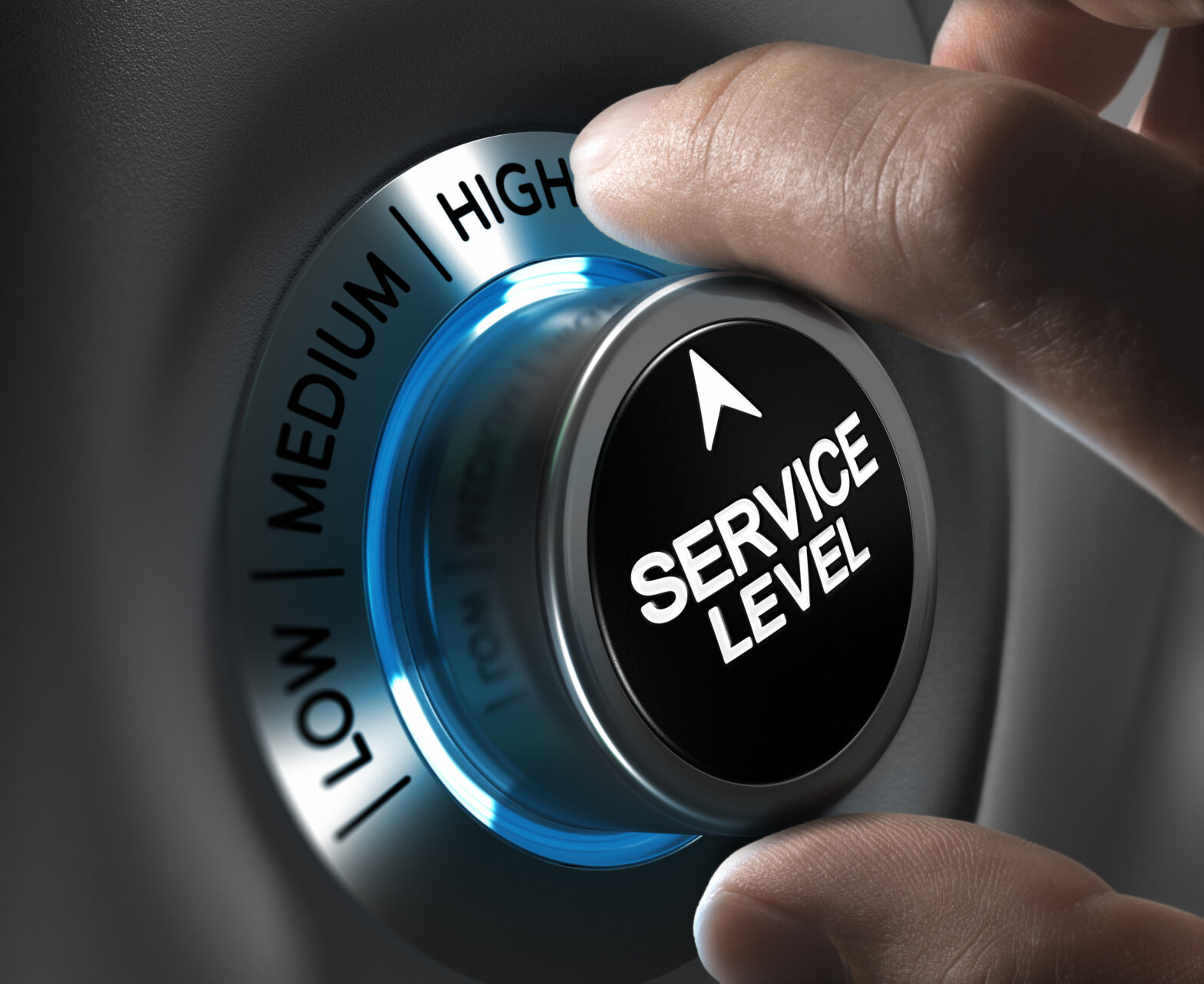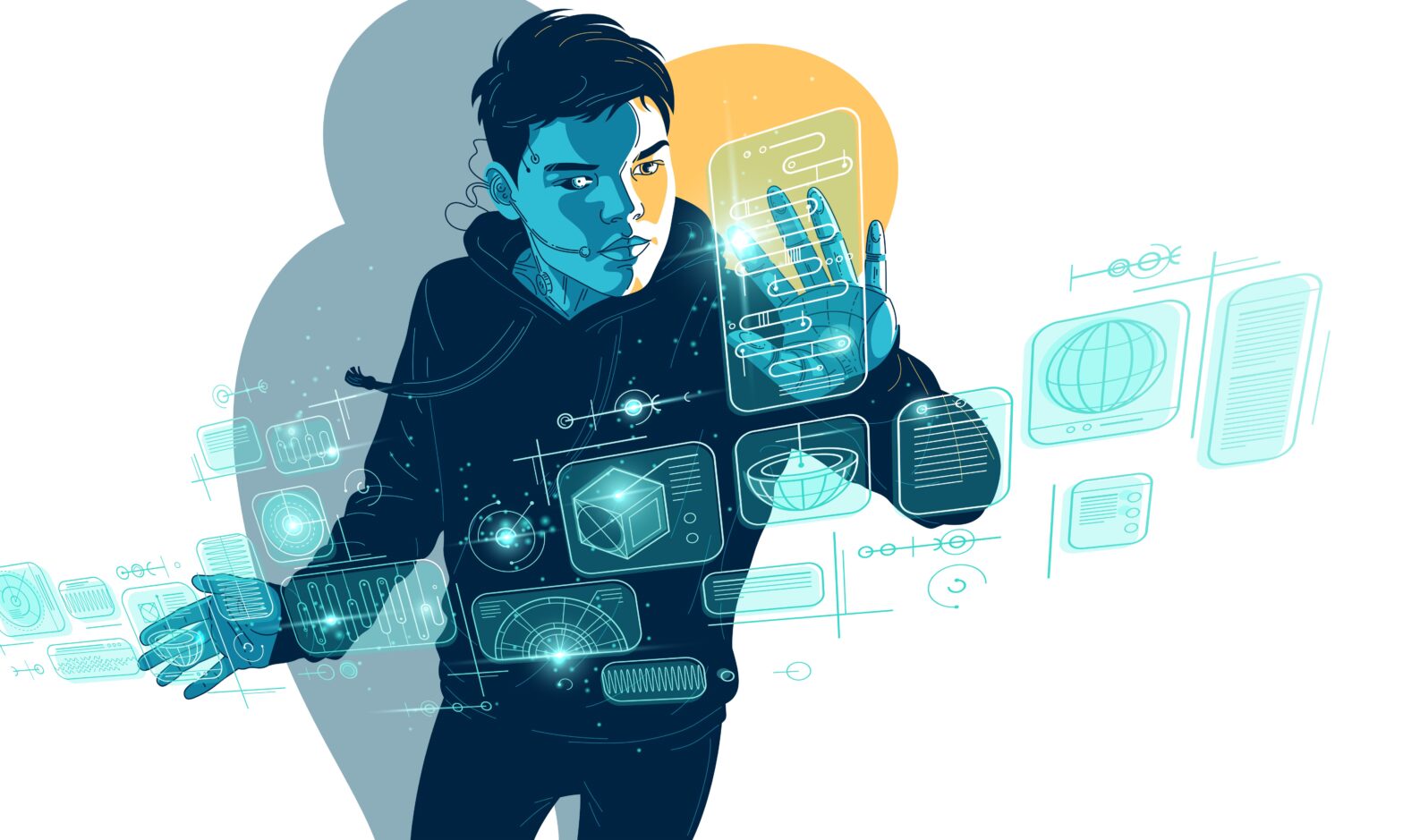Over the past couple of years we’ve seen a lot of attention in the media focused on nimble, up-and-coming companies that are disrupting entire sectors like Uber and Airbnb. Even older cloud-based companies such as Amazon and Netflix continue to attract attention. And more traditional blue-chip companies have also embraced digital transformation in order to stay on top in our hyper-connected age – think about American Express and GE, both great examples.
So how are established mid-size companies going to compete in this fast-moving environment without being “new and disruptive” or “big and cash-rich?”
Here’s a hint: for companies to succeed today, it comes down to focusing on exactly what each customer needs and creating an exceptional customer experience. Remember, service is something that the typical mid-market business excels at. That’s how they’ve grown to their size today – by providing great customer service to grow the customer base and ensure loyalty.
So what steps should the typical mid-market business take to better align with today’s hyper-connected customers – and their continually escalating customer expectations?
Know your customer
Today’s customers want each and every experience to feel incredibly personal – and if they don’t get that kind of customer service experience, they are ready to take their business elsewhere. Research backs this up, with Gartner revealing that 89 per cent of companies expect to compete primarily on customer experience by the end of this year, and that consumer-focused companies will redirect 50 per cent of product investment towards customer experience by the end of next year.
Think about that for a second. Your customers are interacting with you across many channels — from Twitter and Facebook, to emails, apps, and your website. And with each interaction, you’re collecting valuable information about them, and building extensive customer profiles with preferences, purchase history, and even personal details like birthdays or anniversaries.
Using this customer data, businesses can personalise every single customer interaction, showing them that you understand, and care about, their interests and needs. The insight also allows you to know when and how to contact these customers to best help meet their demands.
Quintessentially, a luxury lifestyle service, does this automatically. They receive literally hundreds of thousands of requests each year via its website, app, email and phone. Using those requests, the company is able to aggregate the data as well as parse the data in order to achieve a detailed, single view of each of its customers.
Quintessentially also shares these insights with its global staff, ensuring a personalised customer experience at every touch point. For example staff are able to contact clients in advance of their partners’ birthdays, offering suggestions for gifts based on previous purchases. Or if a client gets in touch wanting to send flowers to their wife, employees can instantly see the wife’s favourite florist and type of flower, and can send an appropriate bouquet without the customer having to provide further details. That’s real customer-centricity that creates true customer success.
Connect back to front and front to back – in fact, connect every way!
These days, in order to become completely customer-centric, businesses also need the appropriate enabling technology. This usually means moving beyond on-premise, legacy IT and embracing an open, cloud-based technology model. By taking this step, companies can tear down their existing information silos and empower employees across the business with the information they need to tailor each interaction.
What’s more, an open approach also helps foster the cross-department collaboration necessary to ensure a seamless customer experience across all channels.
A great example of this comes from crowd funding company, Crowdcube. The company has rolled-out our platform to create a single customer view. As a result, Crowdcube’s different departments can collaborate much more effectively. Information captured by the business development team feeds straight into the single database which is used by customer service, sales and marketing. When the lead is passed to analysts they don’t have to ask the same questions twice – all that data is there waiting for them. These capabilities not only improve service for customers, but also help employees maximise efficiency.
Use technology to help you innovate
With rapidly evolving customer expectations, keeping your customer experience innovative can be a challenge. Fortunately mid-market companies have a big advantage here – they’re usually able to adopt new technologies that enable innovation faster than their enterprise cousins and often get more out of them than their smaller relations.
Artificial intelligence (AI) is a hot trend at the moment for a very good reason: it’s an enabling technology that has enormous implications for the customer experience. Using it, mid-sized businesses can deploy a connected customer service experience that is predictive, automated and intelligent.
As well as helping to predict what your customers want or how they will behave, AI apps, like Salesforce Einstein, can help customer service teams route, escalate and prioritise their work-load by predicting the time needed to resolve an issue. Using machine learning algorithms, these apps get smarter over time, helping companies optimise their agent staffing, provide better customer service and ultimately drive up their customer satisfaction scores and create true customer success.
In our customer-centric world, the true disruptors are those that create a “step change” in the experience they offer customers. As we’ve seen with the runaway growth of the likes of Uber and Airbnb, business success is no longer size-dependent, but has become approach- and technology-dependent.
This means that mid-sized companies, renowned for their customer service, have a great opportunity – they just need to take the technology leap.
Chris Ciauri is the executive vice president, EMEA, of Salesforce.







